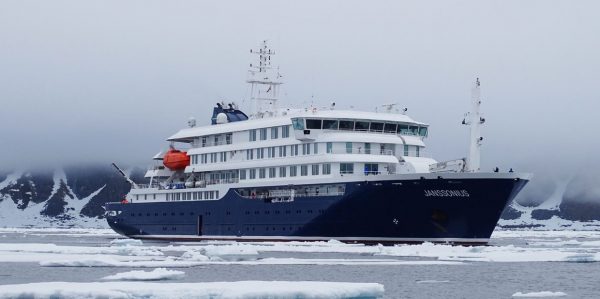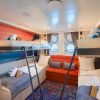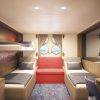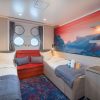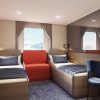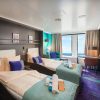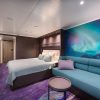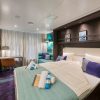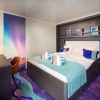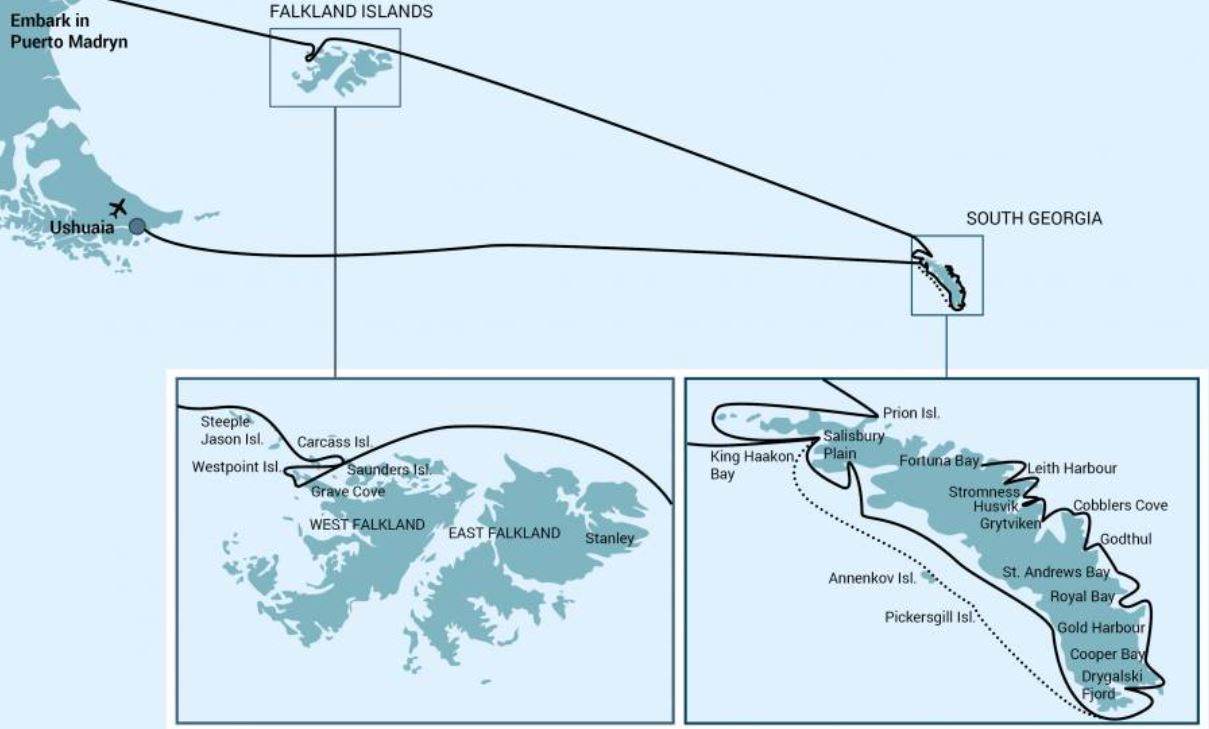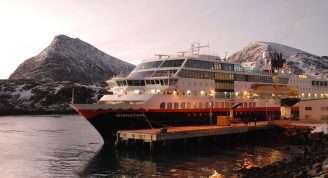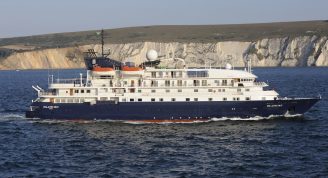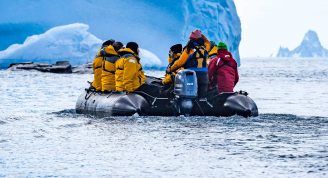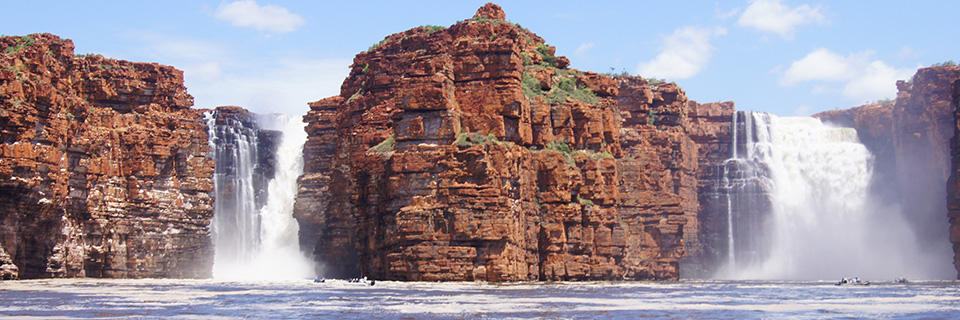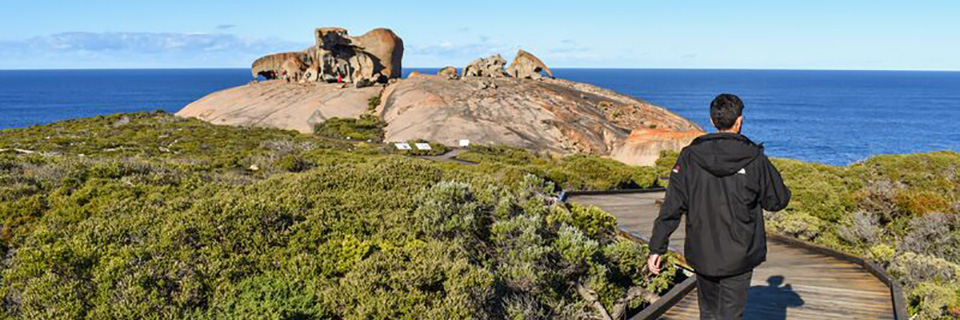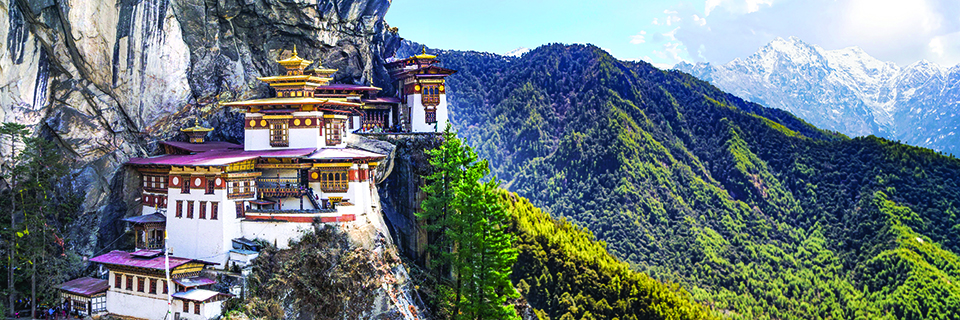Description
Few places compare to South Georgia in terms of exotic wildlife and jaw-dropping scenery, and the Falklands are no different. On this exploratory voyage you can enjoy both, possibly touring the world’s largest black-browed albatross colony while also seeing some of the biggest breeding spots for king penguins and elephant seals on Earth – along with day after day of amazing polar scenery.
Trip Name
South Georgia Special incl. Steeple Jason, Carcass Island, Falkland Islands
Days
21
Overview
Vessel Type: Polar Class 6 Cruise Ship
Length: 107.6 metres
Passenger Capacity: 170 in 80 cabins
Built: 2019/2020
Happier polar passengers, healthier polar environment
Not only will the numerous amenities and on-board entertainments help make your Janssonius voyage truly memorable, this ship also gives you the peace of mind that comes with choosing one of the most environmentally friendly vessel on the polar seas. Janssonius uses LED lighting, steam heating, bio-degradable paints and lubricants, and state-of-the-art power management systems that keep fuel consumption and CO2 levels minimal. This means that when you sail aboard Janssonius, you get to enjoy the exotic landscapes and wildlife as much as possible while impacting them as little as possible.
Hotel comfort, expedition class
Janssonius offers high-quality accommodation for 170 passengers in six grand suites with balconies (27 square meters, 291 square feet), eight junior suites (19 to 20 square meters, 205 to 215 square feet), eight superior cabins (20 to 21 square meters, 215 to 226 square feet), 11 twin deluxe cabins, (19 to 21 square meters, 205 to 226 square feet), 14 twin window cabins (12 to 14 square meters, 129 to 151 square feet) as well as 27 twin porthole cabins, two triple porthole cabins, and four quadruple porthole cabins that vary in size from 12 to 18 square meters, or 129 to 194 square feet. The passenger capacity certificate for Janssonius is 196 persons. One deck consists of a large observation lounge and separate lecture room, which are reserved for a wide variety of interactive workshops, exhibitions, and performances particular to Janssonius. Though elegantly designed in stylish mid-century modern décor, this vessel holds true to Oceanwide’s distinctive cozy and informal atmosphere.
Swift & safe ship-to-shore operations
It is our philosophy to keep sea time short so that we can focus instead on fast, effective access to shore and near-shore activities. To give you the maximum contact with the nature and wildlife you traveled so far to see, we employ a tough fleet of rigid-hull inflatable Zodiac boats that guarantee swift and safe landing operations for the passengers. Janssonius has two separate gangways and a sheltered indoor Zodiac embarkation platform that can also be used for special outdoor activities, such as kayaking.
The fast, flexible, friendly heart of the polar regions
Our top priority is taking advantage of every wildlife and terrain opportunity as it occurs. To keep our itineraries flexible itineraries and our response time rapid, Janssonius is equipped with advanced stabilizers and two main engines capable of powering the vessel up to 15 knots. But Janssonius sacrifices no warmth to achieve its keen polar edge: You will have 72 crew and staff members (including expedition and hotel staff) at your service while on board, ensuring that what little time you do spend on the ship you will spend comfortably entertained.


